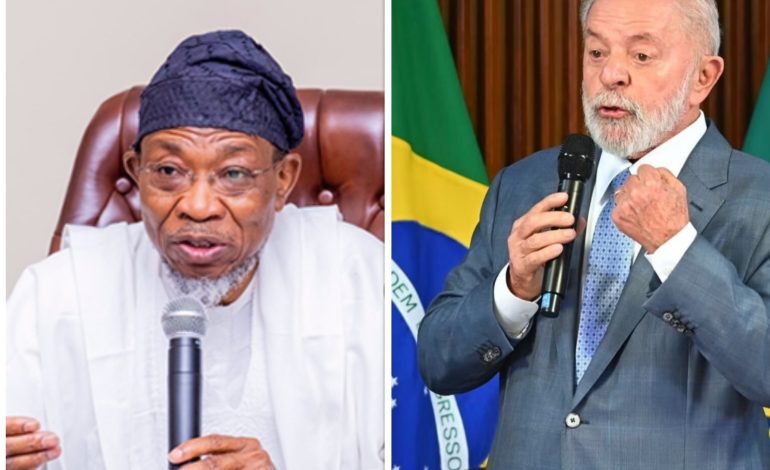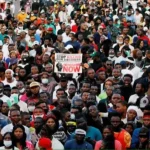EDITORIAL: The Alternative Perspective

The “Alternative Perspective” should be revisited.
Across the globe, the international season of discontent rages on. There are protest marches everywhere. In the otherwise, the United Kingdom is witnessing daily skirmishes and rioting on the streets. Scores of policemen have been sadly injured. Only the spectacle of the Olympics has kept the otherwise combustible France stable.
Whatever the causes of the protest be it in Nigeria or the UK, a review of the disconcerting faulty lines is imminent. For over three decades, much of the world has riding on the illusion of “tricked-down” economic policies. It has turned out to be the god that failed. Now that the chickens have come home to roost, we must reexamine convincing alternatives as we answer the question, what is to be done?
READ: [STRIKER] The Protest: Facts Vs Fiction
The people who questioned the trend at the time using conventional wisdom such as Brazil’s Ignacio Lula DaSilva and Nigeria’s Rauf Aregbesola must be commended for their foresight, they bravely swore against the tide.
People therefore exposed the fallacy of trickle-down economics as they provided an alternative anchored on a state direction of capital to the vital and especially the weaker sectors. They argued for the state to provide buffers and shock absorbers for the least protected. They clearly saw that inflation is a punitive task for the poor and sought to provide ameliorating buffers. They also very importantly saw medium and long-term strength of building social capital as opposed to temporary “growth without development”.
The positions associated with people like Lula Da Silva and Aregbesola clearly understood the dislocations which occur with the emergence of strata referred to as “ a dangerous (under) class”. Refusal to heed the early warning signal has unleashed monsters across the globe and recent events have shown here that Nigeria is not spared.
On the contrary, we face the social consequences brought about by years of underinvestment and the creation of a society anchored on glaring inequalities. Nigeria has to develop a social charter through which the State lessens inequalities and attempts to make life more palatable to all of its citizens. This is urgent for we are fast running out of time.









